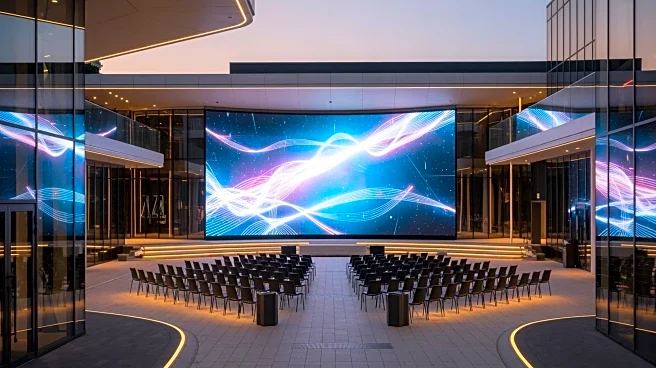Rapid Read • 7 min read
Massachusetts has emerged as a hotspot in the U.S. real estate market, with two of its zip codes ranking among the top ten 'hottest' in the country for 2025. According to Realtor.com's annual 'Hottest Zip Codes' report, Beverly and Leominster are attracting significant buyer interest. Beverly, located on the North Shore, topped the list, while Leominster in Worcester County ranked third. The report highlights that homes in these areas are selling rapidly, with Beverly properties spending just 16 days on the market and receiving nearly five times more listing views than the national average. Factors contributing to their popularity include Beverly's commuter rail access to Boston, its natural beauty, and a blend of small-town charm with big-city convenience.
AD
The inclusion of Beverly and Leominster in the list of hottest zip codes underscores the shifting dynamics in the U.S. housing market, where suburban areas are gaining traction. This trend reflects a growing preference for locations that offer a balance between quality of life and proximity to economic hubs. For Massachusetts, this recognition could lead to increased investment and development in these areas, potentially boosting local economies. However, it also raises concerns about affordability, as rising demand may drive up property prices, impacting first-time buyers and long-term residents. The real estate market's performance in these regions could serve as a bellwether for broader national trends.
The popularity of Beverly and Leominster may also influence urban planning and infrastructure development in Massachusetts. As these areas attract more residents, there could be increased pressure on local services and amenities, necessitating strategic planning to accommodate growth. Additionally, the trend towards suburban living may prompt policymakers to consider transportation and connectivity improvements to support commuter needs. The real estate boom in these zip codes could also have cultural implications, as new residents bring diverse perspectives and contribute to the evolving identity of these communities.
AD
More Stories You Might Enjoy











